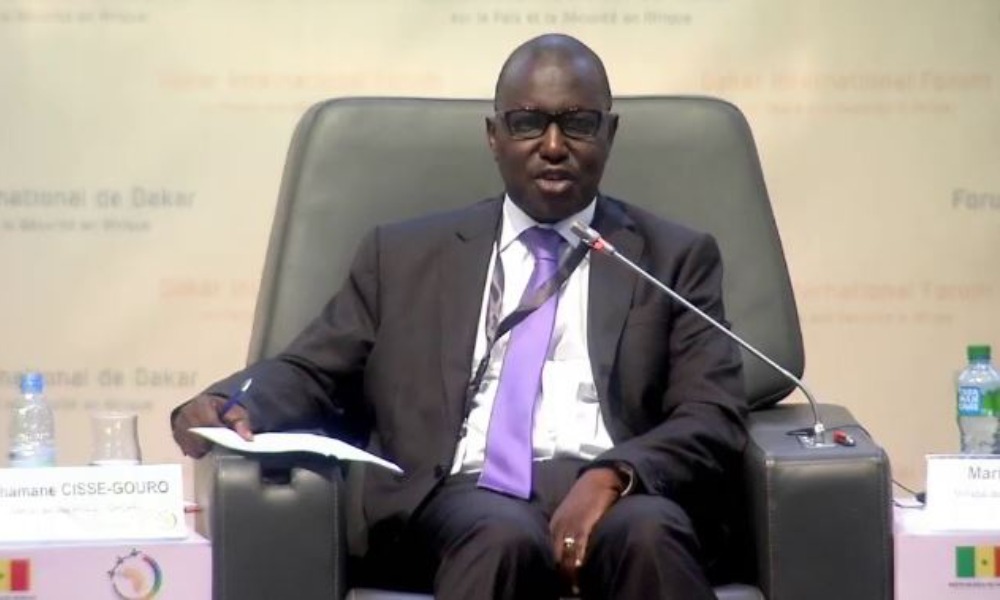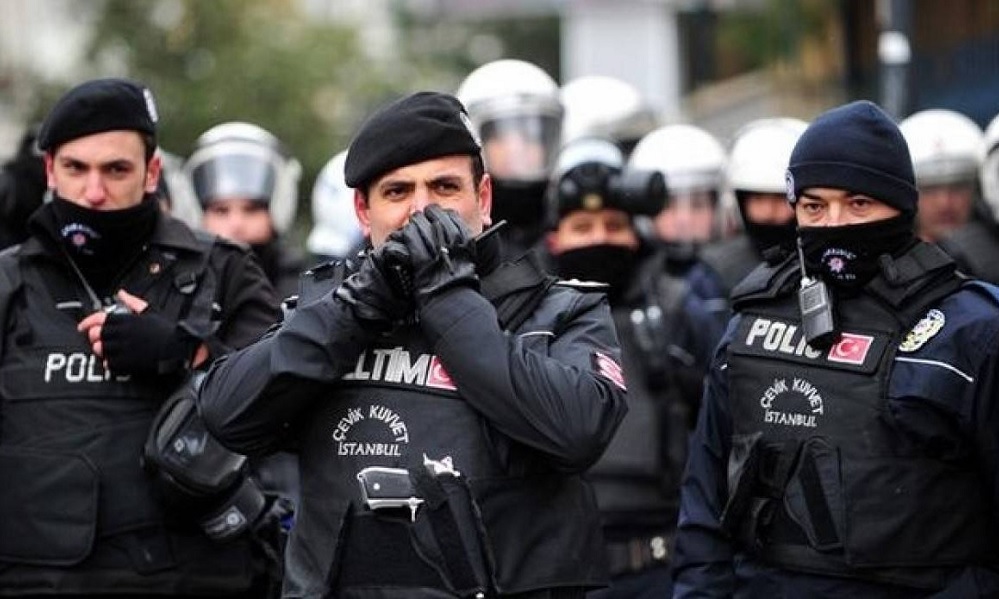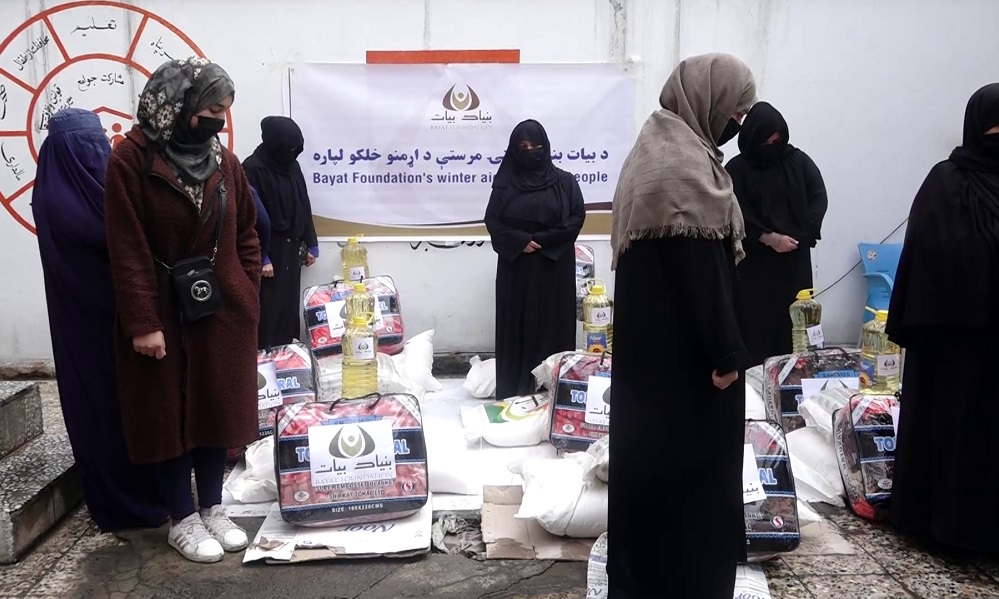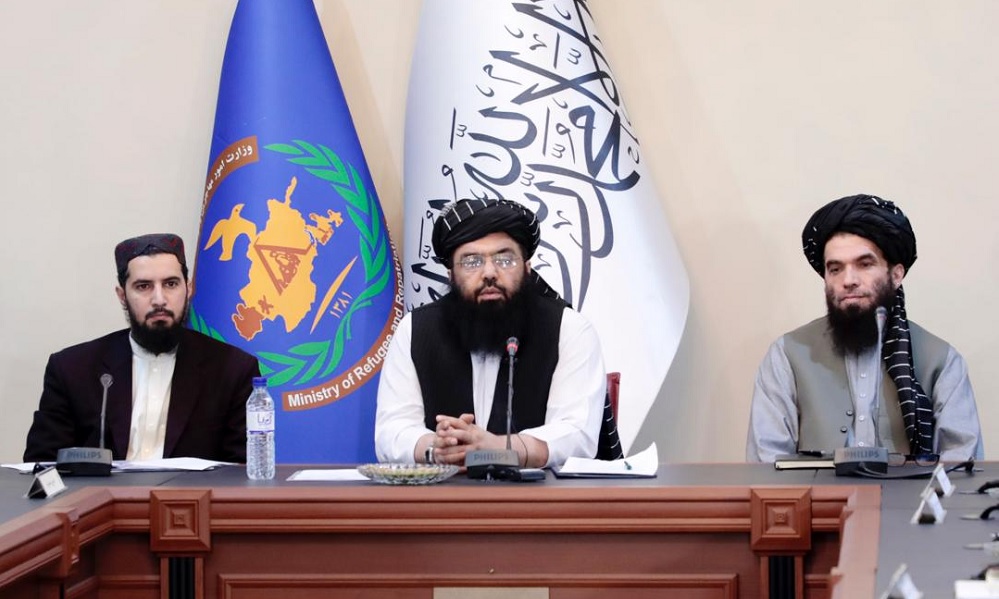Latest News
UN rights session hears Afghan conflict still one of the world’s deadliest

Mahamane Cissé-Gouro, Officer-in-Charge of the Field Operations and Technical Cooperation Division of the Office of the High Commissioner for Human Rights said on Monday that while Afghanistan should have moved closer towards peace, civilians continued to suffer and lose their lives due to increased violence.
Delivering the high commissioner’s report to the UN Human Rights Commission’s 46th session on Monday, Cissé-Gouro noted the conflict in Afghanistan remained among the deadliest in the world.
He stated the best way to protect civilians was to stop fighting.
According to the report the deliberate killing of human rights defenders and journalists had been particularly shocking in the last few months and since the start of the Afghanistan peace negotiations.
Civil society and media had an important role to play, the Afghan people needed their voices and opinions, and the government needed to provide them with space to operate, while anti-government forces must stop targeting them, the report stated.
Speakers expressed concern that since the start of the Afghan peace negotiations, civilians continued to bear the brunt of the armed conflict, with almost half of the casualties being women and children.
Cissé-Gouro also stated Afghanistan was at a critical point which was particularly crucial for Afghan women. He said their meaningful participation in the peace process must be ensured.
In addition, it was noted that the Afghan Independent Human Rights Commission (AIHRC) played a crucial role despite their staff being directly targeted.
In turn, Afghanistan Independent Human Rights Commission (AIHRC) Chairperson Shaharzad Akbar’s said in a video message to the session that for the peace process to be seen as credible by all Afghans, there needs to be a ceasefire, a real possibility of public engagement, and protection of the civic space.
In her message Akbar said according to AIHRC figures, targeted killings were the second leading cause of civilian casualties in Afghanistan in 2020. This she said was a “threefold increase compared to 2019.”
These attacks targeted human rights defenders, journalists, media workers and activists, prosecutors and judges, including female journalists, judges and activists.
“Prominent activists are either being killed or forced to leave the country. Most attacks remain unclaimed and investigations are slow.
“While those who can, are leaving the country, many across Afghanistan felt silenced by fear and are constrained in their activism. This unimaginable attack on Afghanistan’s civic space is ongoing and the world is not doing enough to stop it.
“Meanwhile the Afghan negotiations in Doha are paused,” she said.
“Afghans are desperate for peace but what will peace look like in absence of one of Afghanistan’s most important gains, its vibrant civil society and human rights community? If this deadly trend continues, it will be even harder to protect human rights gains of Afghanistan during and after the peace talks.
“We need the United Nations and the global human rights community to stand with Afghans and urge both parties to stop the violence, and continue engaging in talks.
“For the peace process to be seen as credible by all Afghans, we need a ceasefire, a real possibility of public engagement and protection of the civic space,” she said.
Cissé-Gouro stated in his report that the Afghanistan peace negotiations were an historic opportunity for parties to the conflict to consider the irreversible loss the war had had on the people. New thinking could save thousands of families from suffering.
The report meanwhile stated that Afghanistan, speaking as a country concerned, noted that the conflict in Afghanistan continued to take a heavy toll on the nation and undermined social and economic progress.
The COVID-19 pandemic had also further aggravated these challenges.
Latest News
Turkish intelligence captures a Daesh member near the Durand Line

Turkish intelligence agents have captured a senior member of Daesh near the Durand Line, reportedly preventing planned suicide attacks in Turkey and other countries, according to Turkey’s state-run Anadolu Agency on Monday.
The suspect, identified as Mehmet Goren, is a Turkish citizen. He was apprehended during a covert operation and transferred to Turkey. Details on the timing of the operation or the involvement of Afghan and Pakistani authorities were not disclosed.
According to the report, Goren had risen through the ranks of Daesh and was allegedly tasked with carrying out suicide bombings in Turkey, Pakistan, Afghanistan, and Europe.
Daesh has a history of deadly attacks in Turkey, including the January 1, 2017 shooting at an Istanbul nightclub that killed 39 people.
Anadolu Agency reported that Goren’s arrest also provided intelligence on the group’s recruitment strategies and planned activities.
Latest News
Dozens of needy families in Kabul receive winter aid from Bayat Foundation

Dozens of needy families in Kabul’s fifth district have received essential winter assistance from the Bayat Foundation, as part of ongoing efforts to ease hardship during the cold season and worsening economic conditions.
According to foundation officials, the aid package includes staple food items such as flour, rice, and cooking oil, along with warm blankets to help families cope with freezing temperatures. Haji Mohammad Ismail, Deputy Head of Bayat Foundation, said the distribution began in Kabul and will soon be expanded to other provinces.
“Our assistance includes flour, rice, cooking oil, and blankets,” Ismail said. “Today, we started distributing these items in Kabul’s fifth district, and God willing, the aid will reach other provinces in the near future.”
Afghanistan continues to face widespread poverty, unemployment, and food insecurity, with many families struggling to meet basic needs, particularly during winter when access to work and heating becomes more difficult.Humanitarian organizations and charitable foundations have stepped up relief efforts to support those most affected.
Beneficiaries welcomed the assistance, describing it as a lifeline. “May God bless you for helping the poor. We had nothing and no work,” said one recipient. Another added, “Thank you for your help. Our flour was almost finished.”
Bayat Foundation officials stressed that winter aid distributions will continue in Kabul and other provinces in the coming days, as part of their broader commitment to supporting needy families across the country.
Latest News
Nearly seven million Afghan refugees return home since Islamic Emirate’s takeover

Since the Islamic Emirate came to power, approximately 6.8 million Afghans have returned home, either voluntarily or forcibly, from neighboring countries and other nations, according to the Minister of Refugees and Repatriation.
Mawlawi Abdul Kabir, speaking at a meeting on finalizing a draft plan for a permanent migration solution in Afghanistan, added that 1.3 million Afghans have been internally displaced due to natural disasters during the same period.
With winter approaching, widespread poverty and severe cold are threatening thousands of lives. Meanwhile, the forced expulsion of Afghan migrants from neighboring countries, particularly Iran and Pakistan, continues.
The Islamic Emirate has repeatedly urged neighboring states to allow migrants to return voluntarily. According to UNHCR, over two million Afghans have returned from Iran and Pakistan since the start of 2025.
-

 Latest News3 days ago
Latest News3 days agoAfghan border forces prevent illegal entry of hundreds into Iran
-

 Latest News3 days ago
Latest News3 days agoPakistan summons Afghan diplomat over deadly attack in North Waziristan
-

 Latest News2 days ago
Latest News2 days agoAfghan health minister calls for medical cooperation between Kabul and New Delhi
-

 Latest News1 day ago
Latest News1 day agoAfghanistan signs 30-year deal for marble mining in Daikundi
-

 Latest News3 days ago
Latest News3 days agoJapan allocates nearly $20 million in humanitarian aid for Afghanistan
-

 Latest News2 days ago
Latest News2 days agoKarzai urges reopening of girls’ schools and universities for Afghanistan’s bright future
-

 Health5 days ago
Health5 days agoAfghanistan seeks India’s support in standardizing traditional medicine
-

 World5 days ago
World5 days agoUS readies new Russia sanctions if Putin rejects peace deal, Bloomberg News reports
























